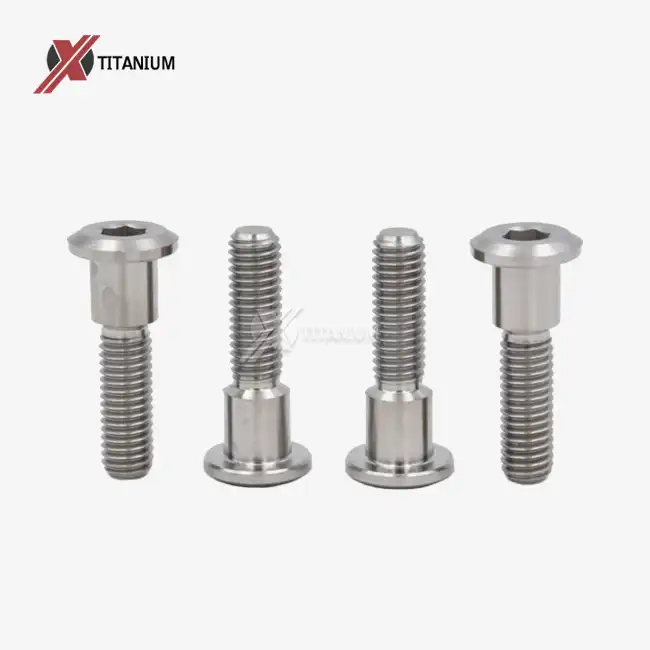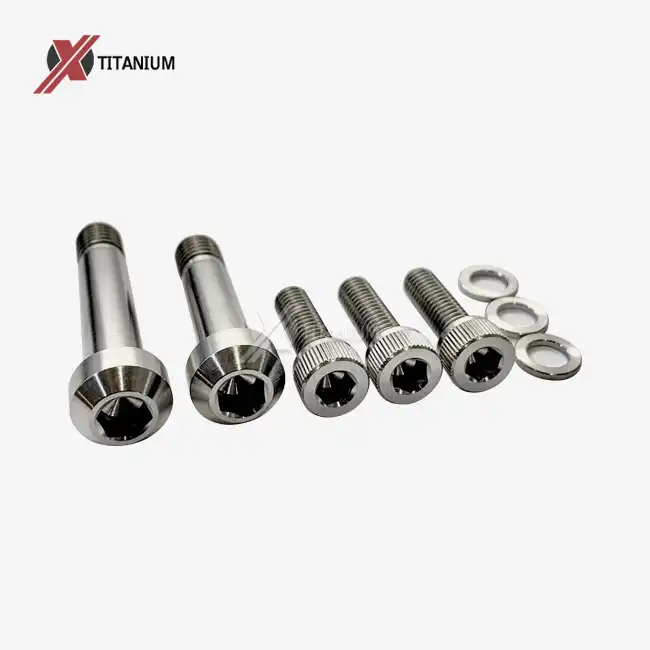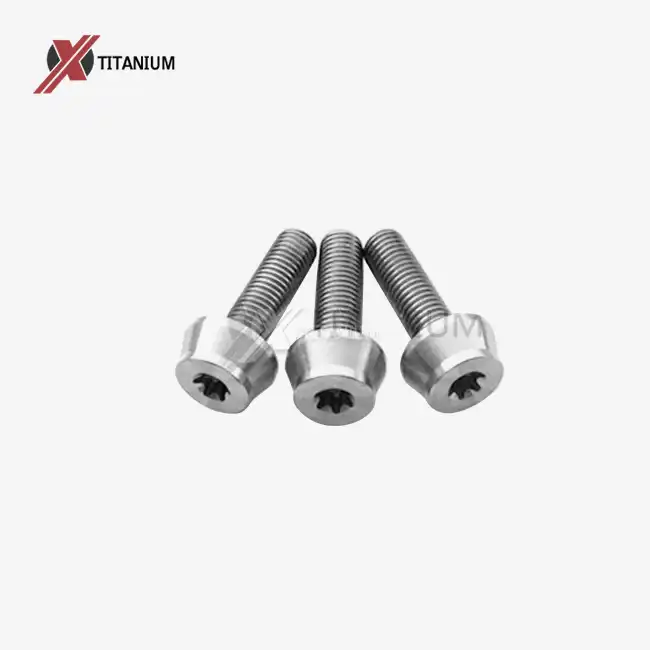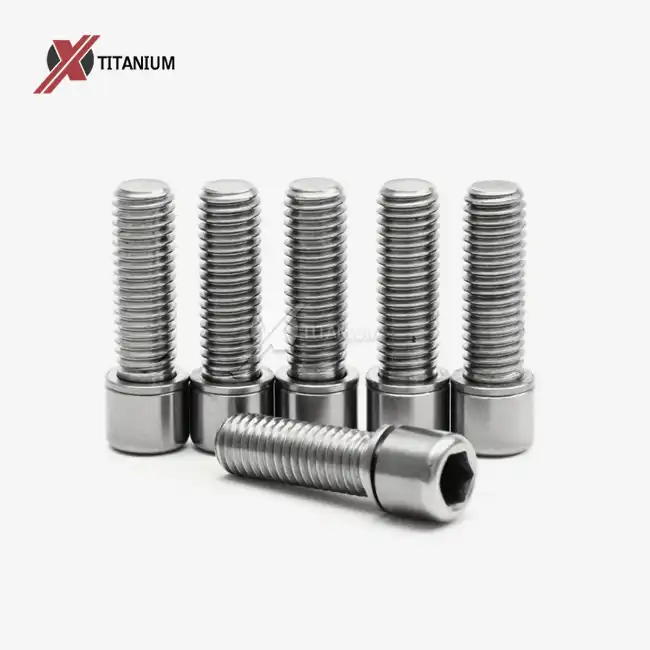- English
- French
- German
- Portuguese
- Spanish
- Russian
- Japanese
- Korean
- Arabic
- Greek
- German
- Turkish
- Italian
- Danish
- Romanian
- Indonesian
- Czech
- Afrikaans
- Swedish
- Polish
- Basque
- Catalan
- Esperanto
- Hindi
- Lao
- Albanian
- Amharic
- Armenian
- Azerbaijani
- Belarusian
- Bengali
- Bosnian
- Bulgarian
- Cebuano
- Chichewa
- Corsican
- Croatian
- Dutch
- Estonian
- Filipino
- Finnish
- Frisian
- Galician
- Georgian
- Gujarati
- Haitian
- Hausa
- Hawaiian
- Hebrew
- Hmong
- Hungarian
- Icelandic
- Igbo
- Javanese
- Kannada
- Kazakh
- Khmer
- Kurdish
- Kyrgyz
- Latin
- Latvian
- Lithuanian
- Luxembou..
- Macedonian
- Malagasy
- Malay
- Malayalam
- Maltese
- Maori
- Marathi
- Mongolian
- Burmese
- Nepali
- Norwegian
- Pashto
- Persian
- Punjabi
- Serbian
- Sesotho
- Sinhala
- Slovak
- Slovenian
- Somali
- Samoan
- Scots Gaelic
- Shona
- Sindhi
- Sundanese
- Swahili
- Tajik
- Tamil
- Telugu
- Thai
- Ukrainian
- Urdu
- Uzbek
- Vietnamese
- Welsh
- Xhosa
- Yiddish
- Yoruba
- Zulu
Titanium Fasteners in the Medical and Bioengineering Industries
Titanium fasteners are a key component in the medical and bioengineering industries, offering a range of unique properties that make them essential for various applications. With their superior strength, biocompatibility, and resistance to corrosion, titanium fasteners are used in everything from medical devices and implants to biotechnology equipment. This article explores the role of titanium fasteners in these industries, highlighting their benefits, applications, and why they are the material of choice for many medical and bioengineering professionals.
What Makes Titanium Ideal for Medical and Bioengineering Applications?
Titanium, a metal known for its remarkable strength-to-weight ratio, is increasingly popular in both medical and bioengineering fields. There are several characteristics of titanium that make it the material of choice for medical fasteners, including:
Biocompatibility: Titanium is highly biocompatible, meaning it is well-tolerated by the human body. It does not induce significant immune responses or cause adverse reactions, making it ideal for implants and medical devices that will come into contact with biological tissues.
Corrosion Resistance: One of the primary reasons titanium fasteners are used in medical applications is their resistance to corrosion. Titanium naturally forms a passive oxide layer on its surface that protects it from aggressive bodily fluids, such as blood, urine, and lymphatic fluid. This property makes titanium an excellent choice for implants and surgical instruments that must withstand prolonged exposure to the body’s environment.
Strength and Durability: Titanium has a high strength-to-weight ratio, making it both strong and lightweight. This property is crucial for medical implants and devices, as it ensures they can endure high stress without being heavy or cumbersome for the patient.
Non-toxicity: Titanium is non-toxic and is not prone to releasing harmful ions or particles into the body. This feature is vital for ensuring that medical implants, such as joint replacements or dental implants, do not cause any systemic harm.
Hypoallergenic: Titanium is hypoallergenic, which means it is unlikely to cause allergic reactions in patients. This makes it particularly valuable for use in surgical implants, prosthetics, and dental devices, where prolonged contact with skin and tissue is common.
Applications of Titanium Fasteners in the Medical Industry
Titanium fasteners play a significant role in various applications within the medical industry. Some of the most notable applications include:
Orthopedic Implants and Surgical Devices
Orthopedic implants, such as joint replacements, bone plates, screws, and rods, require fasteners that can provide secure and long-lasting support. Titanium fasteners are ideal for these applications due to their strength and resistance to corrosion. Whether it is a hip replacement or a spinal fusion, titanium fasteners help ensure the stability and longevity of these life-changing devices.
Additionally, titanium fasteners are used in orthopedic surgical instruments, such as bone drills, plates, and screws, which need to maintain sharpness and strength during repeated use. The non-reactive nature of titanium ensures these tools are safe for patient use without introducing any risks of contamination.
Dental Implants
In the dental industry, titanium is widely recognized for its use in dental implants. Titanium fasteners are integral to securing dental implants to the jawbone, ensuring they remain in place and support the artificial teeth. The material’s high level of biocompatibility and corrosion resistance makes it the ideal choice for dental applications, where implants are subjected to constant exposure to saliva, food particles, and varying temperatures.
Titanium's ability to bond with bone, known as osseointegration, also plays a vital role in the long-term success of dental implants. Fasteners made from titanium ensure a stable and lasting foundation for artificial teeth, offering a comfortable solution for patients with missing teeth.
Surgical Implants
Titanium fasteners are also used in various other surgical implants, including those for heart valves, pacemakers, and prosthetics. The metal’s lightweight yet strong characteristics ensure that implants can withstand the physical demands of the body without causing any discomfort. In cases of cardiac surgery, for example, titanium fasteners are used in heart valve replacements and pacemakers to ensure durability and performance.
Medical Equipment and Devices
Titanium fasteners are critical in the construction of various medical devices, including diagnostic equipment, surgical tools, and robotic-assisted surgery devices. These devices must be precise, reliable, and durable, all qualities that titanium provides. The material’s resistance to corrosion ensures that these devices remain effective and safe for use over long periods, even in the challenging environment of the operating room or a sterilization process.
Bioengineering Applications of Titanium Fasteners
In addition to the medical field, titanium fasteners are also increasingly used in bioengineering applications, particularly in biotechnology and pharmaceutical industries. These industries demand materials that meet strict standards for hygiene, performance, and precision. Titanium's unique properties align perfectly with these needs.
Biotechnology Equipment
Biotechnology equipment, such as reactors, filtration systems, and diagnostic machines, often comes into contact with corrosive chemicals and extreme temperatures. Titanium fasteners provide an excellent solution, as they can withstand harsh conditions while maintaining their integrity and performance. Furthermore, titanium fasteners help ensure that these machines remain sterile and safe for use in experiments and clinical settings.
Pharmaceutical Manufacturing
In pharmaceutical manufacturing, equipment is constantly exposed to corrosive substances, sterilization processes, and high-pressure conditions. Titanium fasteners are ideal for holding together critical components such as pumps, mixers, and storage tanks. Their corrosion resistance ensures that the equipment remains operational without risk of contamination, ensuring that pharmaceutical products are safe for consumption.
Biocompatible Sensors and Wearables
With the rise of wearable medical technology, such as heart rate monitors, glucose sensors, and other biofeedback devices, titanium fasteners are used to secure components of these devices. Their biocompatibility and hypoallergenic properties ensure that the wearables can be used safely on the skin for extended periods, offering patients real-time monitoring without discomfort.
Why Titanium Fasteners Are the Best Choice for Medical and Bioengineering Industries
Long-Term Performance: The combination of strength, corrosion resistance, and biocompatibility ensures that titanium fasteners maintain their performance over time. This long-term reliability is critical in medical and bioengineering applications where device failure can have serious consequences.
Reduced Risk of Infection: Titanium’s hypoallergenic properties significantly reduce the risk of allergic reactions and infections when used in implants or medical devices. This is crucial for patient safety, especially for those with sensitive immune systems or allergies to other metals.
Minimal Maintenance: Unlike other metals that may require frequent replacement due to corrosion or wear, titanium fasteners often require little to no maintenance. This feature makes them an economical choice in the long run, reducing the need for costly replacements or repairs.
Precision and Customization: Titanium can be precisely engineered to meet the unique demands of specific medical and bioengineering applications. Fasteners can be customized in terms of size, shape, and design to meet the strict tolerances required for various devices and implants.
Conclusion
Titanium fasteners are indispensable in the medical and bioengineering industries, offering unmatched strength, durability, and biocompatibility. From orthopedic implants and dental devices to biotechnology equipment and pharmaceutical manufacturing, titanium fasteners provide the reliability and performance needed to ensure patient safety and the longevity of medical and bioengineering products. As these industries continue to evolve, the demand for titanium fasteners is expected to grow, solidifying titanium’s role as one of the most critical materials in the healthcare and biotechnology sectors.
Learn about our latest products and discounts through SMS or email



